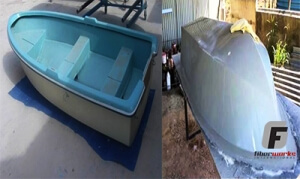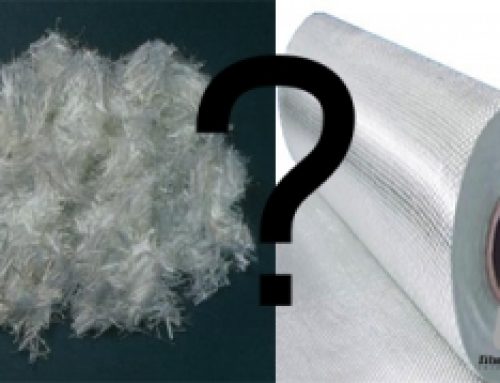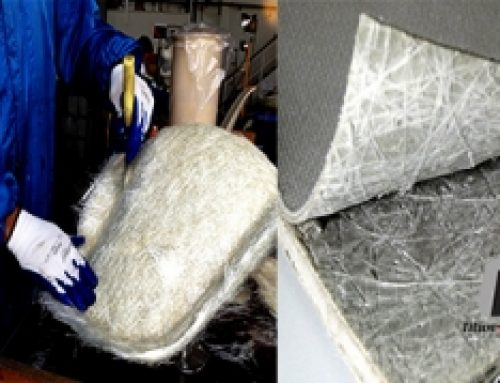Why is Fiberglass Good for Boat Construction?
In the past, aluminum used to be the preferred material for boat hulls. Not anymore because fiberglass has taken over. At first, it may not look like a suitable material for building boats and marine products. But, it’s the truth and many vessel-builders now choose to work with this strengthened plastic material made from glass fibers.
Composite fiberglass has multiple advantages over wood for construction of the boat’s superstructure or body. Yes, it’s cheap because the cost is roughly ⅓ of the expense for wooden vessels. It is more robust compared to the finest timber which means many people are inclined to purchase watercraft fabricated from fiberglass. Besides, it does not need any sealant for waterproofing purposes after the appropriate gelcoat has been applied. These are good points for fiberglass.
The material is sturdy so hulls may be thinner than the average thickness. The area inside the keel is also bigger than boats made from wood. This is a great advantage for individuals who want to buy boats for leisure activities.
How does it work? The truth is any material utilized for applications must be molded and formed. It may be as easy as pouring into a mold or complicated since the materials should first be nailed, fixed, welded, and secured in one area.
What’s the catch here? Fiberglass hulls can be single piece while the whole surface for walking is another. Builders are free to fabricate the vessel’s frame or structure out of only two parts in case they use fiberglass. On the contrary, it will take a few thousands for wood and aluminum. This goes without saying that fiberglass is perfect for production.
There’s no doubt that fiberglass is not as strong as or more durable than aluminum and steel. It has the tendency to bend, twist or warp than its counterparts. Yet, it returns to the material’s previous shape although for higher levels of impact, fiberglass may crack while the other two materials will simply deform. It can be hammered to its original configuration. Fiberglass is more ideal for smaller-sized boats. The weight is powerful than the equivalent mass of steel.
Maintenance is easier as against wood. There is no need to argue about this. And, the material does not oxidize even in water. It is also not affected by electrolysis or chemical decomposition caused by going through electric current. Likewise, the fiberglass-fabricated boat glides over rocks without difficulty which implies a smoother ride. Completion time is faster as against aluminum structures.
There are also downsides such as possible inferior craftsmanship but this can be avoided if the user looks for a world-class manufacturer of fiberglass boats.
Fiberglass is a winner especially after you read this piece. If you’re looking for a roust watercraft and one that will last longer, go for high-quality fiberglass. One thing is sure, there is no right or wrong selection but pick quality, cost-efficiency, and toughness more than other features. Then you are on the correct track.





Leave A Comment